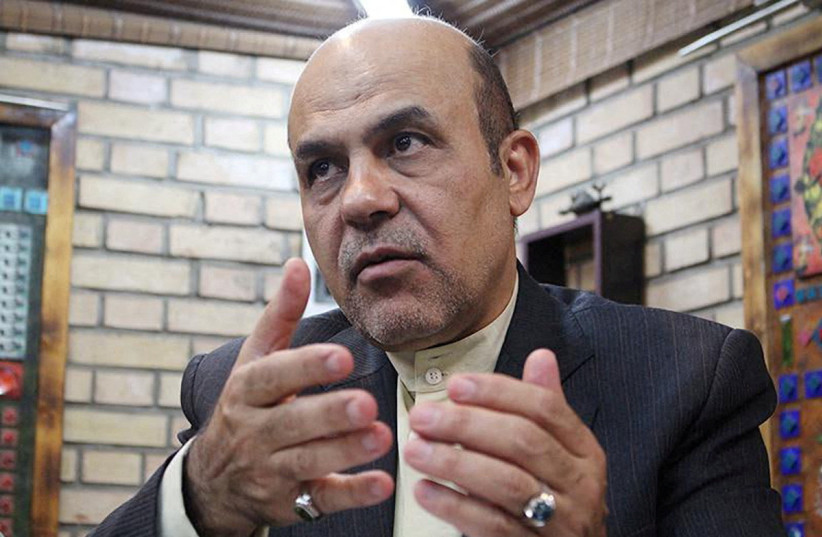Iran has executed a British-Iranian national who once served as its deputy defense minister, its judiciary said, defying calls from London and Washington for his release after he was handed the death sentence on charges of spying for Britain.
Britain, which had declared the case against Alireza Akbari politically motivated, condemned the execution, with Prime Minister Rishi Sunak calling it "a callous and cowardly act carried out by a barbaric regime."
Akbari, 61, was arrested in 2019.
"This was a callous and cowardly act, carried out by a barbaric regime with no respect for the human rights of their own people."
Rishi Sunak, UK Prime Minister
The Iranian judiciary's Mizan news agency reported the execution without saying when it had taken place. Late on Friday, British Foreign Secretary James Cleverly had said Iran must not follow through with the sentence.
The Mizan report accused Akbari of receiving payments of 1,805,000 euros, 265,000 pounds, and $50,000 for spying.

Audio recording
In an audio recording purportedly from Akbari and broadcast by BBC Persian on Wednesday, he said he had confessed to crimes he had not committed after extensive torture.
"Alireza Akbari, who was sentenced to death on charges of corruption on earth and extensive action against the country’s internal and external security through espionage for the British government's intelligence service...was executed," Mizan said.
Sunak said on Twitter he was "appalled by the execution," saying Tehran had "no respect for the human rights of their own people." Cleverly said in a statement it would "not stand unchallenged," later announcing Britain had imposed sanctions on Iran's prosecutor general.
British statements on the case have not addressed the Iranian charge that Akbari spied for Britain.
Iran's foreign ministry summoned the British ambassador on Saturday over what it called London's "meddling in Iran's national security realm," the state news agency IRNA reported.
Iranian state media, which have portrayed Akbari as a super spy, broadcast a video on Thursday that they said showed that he played a role in the 2020 assassination of Iran's top nuclear scientist, Mohsen Fakhrizadeh, killed in an attack outside Tehran which authorities blamed at the time on Israel.
In the video, Akbari did not confess to involvement in the assassination but said a British agent had asked for information about Fakhrizadeh.
Iran’s state media often airs purported confessions by suspects in politically charged cases.
Reuters could not establish the authenticity of the state media video and audio, or when or where they were recorded.
Akbari was a close ally of Ali Shamkhani, now the secretary of Iran’s Supreme National Security Council, who was defense minister from 1997 to 2005, when Akbari was his deputy as part of the administration of reformist President Mohammad Khatami.
He fought during the Iran-Iraq war in the 1980s as a member of the Revolutionary Guards.
It marks a rare case of the Islamic Republic executing a serving or former senior official. One of the last occasions was in 1984, when Iranian navy commander Bahram Afzali was executed after being accused of spying for the Soviet Union.
